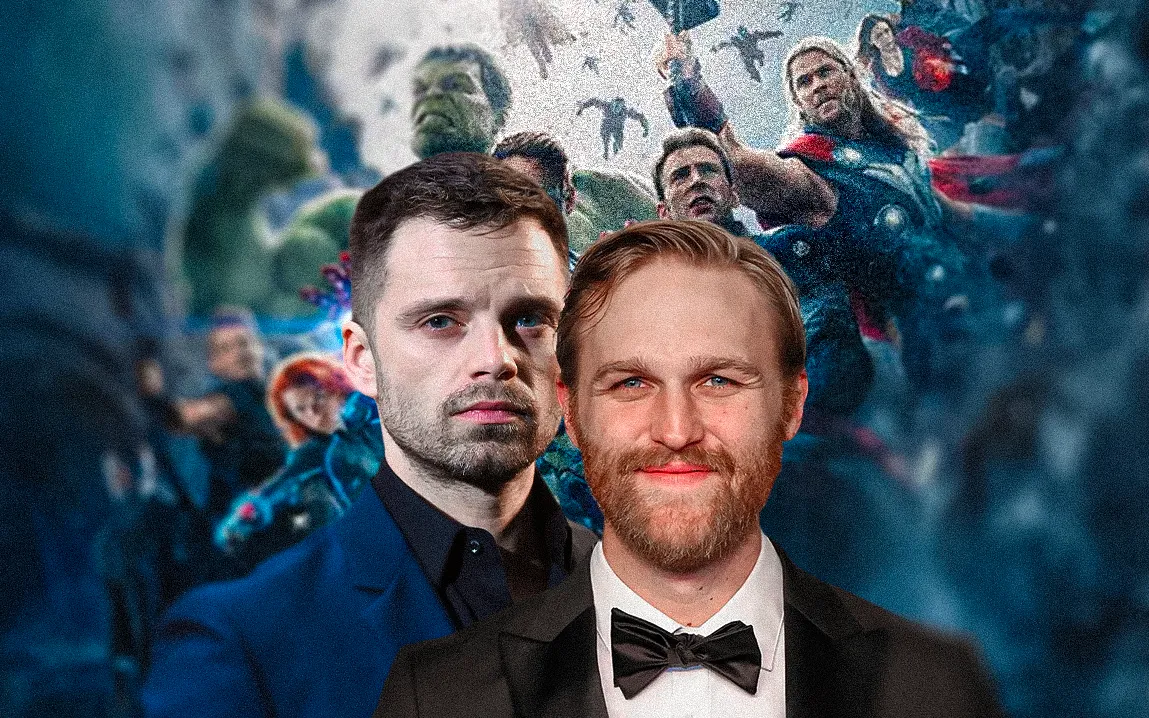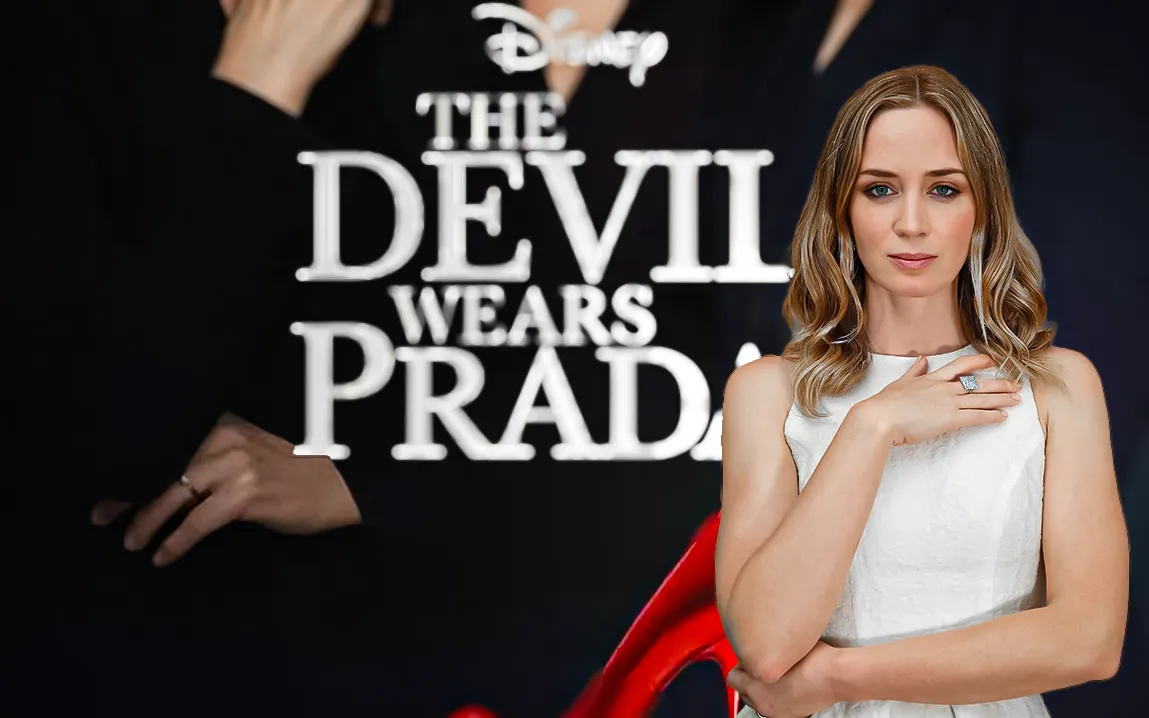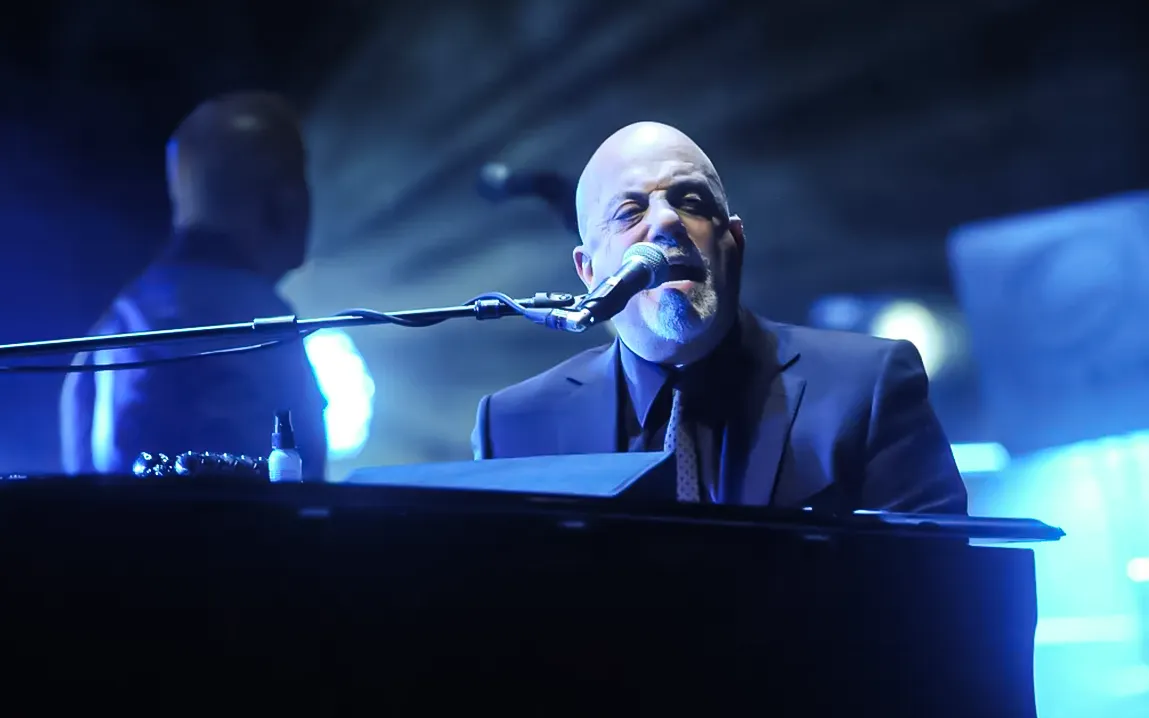Sebastian Stan and Wyatt Russell are ready to surprise Marvel fans in Thunderbolts, the upcoming antihero team-up film set for release on May 2. In a recent conversation with The Hollywood Reporter, the actors opened up about the story’s emotional weight, how it veers from Marvel’s usual formula, and why they’re determined to silence early doubters.
The film brings Stan’s Bucky Barnes, now Congressman Barnes, back into the action after his brief appearance in Captain America: Brave New World. Bucky, once the brainwashed Winter Soldier, is navigating life as a politician, though it doesn’t take long for him to be pulled back into old habits.
“Imagine a quarterback of a football team getting replaced or retiring, and then he keeps showing up even though he’s not playing anymore,” Stan said. “He just wants to be helpful in some way.“
[News Reporter:]Sebastian, we had a long chat at the start of the pandemic, and you made a point that Steve Rogers, by not passing on the shield to Bucky, gave his best friend the gift of starting over on his own terms. So is Congressman Barnes his way of trying things out because he now can?
Sebastian Stan: Imagine a quarterback of a football team getting replaced or retiring, and then he keeps showing up even though he’s not playing anymore. And they’re just like, “Yeah, man, whatever you want to do. Don’t worry.” He just wants to be helpful in some way, and they give him a little pat on the back and go, “It’s so nice to have you here.” So that’s how I look at it. He’s just consistently trying to find a way to be useful, and maybe someone gave him the idea of trying [politics] out to still be around.
Wyatt Russell: I like that analogy.
Stan:But it’s so out of left field that, annoyingly, he comes out of retirement and goes right back to what he’s only known. He’s also had his own suspicions about Valentina, so I think [Congress] is his way of trying to, in the legal and moral way, keep track of her. And then he realizes, “I can just do this in my way, the way that I’ve always done it [as the Winter Soldier].”
Meanwhile, Russell’s John Walker (once a disgraced Captain America) is forced into a team dynamic he never really asked for. This new film tackles heavy issues like loneliness, depression, and personal redemption, setting it apart from traditional MCU stories.
[News Reporter:]Wyatt, during Monarch, you remarked to me that Thunderbolts has a level to it that goes beyond superheroics, and I never expected that to be a meaningful exploration of loneliness and depression. Is part of you shocked that you guys were able to tell this story?
Wyatt Russell:Yeah, a little bit. How do you go from making the kind of [Marvel] movies that you’ve seen the past 15 years — and knowing how most of those movies have performed — to then doing anything outside the realm of what you’ve known Marvel to be? It’s a departure in any way, shape, or form — and a risk. This type of storytelling isn’t often told in any superhero form. It’s much more like a team of people who are very good at what they do, and they’re fighting a bad guy who has some existential threat about him. The world’s going to blow up or people are going to disappear, whatever it is, and they need to stop him. But this is a bunch of people who have main character syndrome, and they have to come together as one team. They’re thrust into an environment where they have to be a team, but they don’t want to be, and that just makes for interesting people.
Russell pointed out that the Thunderbolts aren’t exactly household names compared to the Avengers lineup, which made the film even more of a challenge and an opportunity.
Russell (continued): It was a challenge because this is not a primed movie. There are no characters in this film, really, that have their own stuff in the Marvel universe that much. It’s not Captain America, it’s not Thor, it’s not Iron Man, it’s not the Avengers. [Thunderbolts] is more of these misfit types.
And that challenge that Kevin Feige gave Jake [Schreier] and this particular group of actors, it was like, “Hell yeah.”
I don’t want to speak for everybody, but most of us didn’t make it by doing this. Everybody didn’t come to this as a young person and make it this way. I did weird TV shows for a million years, and David [Harbour] has been acting on Broadway [since 2000]. Sebastian had a whole career before he joined Marvel, and while he’s been a part of it for so long, he’s also done so many incredible things outside of Marvel. It has not defined him. Florence, same thing.
So we came to this as a group of people who were like, “Let’s make this our own thing, let’s make it great and let’s make people put their foot in their mouths.” I have a little bit of an athletic background, so I was like, “Yeah, I want to make you eat your words if you’re like, ‘This movie’s going to blow, I don’t want to go see it.’” But then they see the trailer and they’re like, “This looks pretty good.” So I like that part of it.
Stan agreed that part of what made Thunderbolts so special was how collaborative the experience became.
Sebastian Stan: I’ve been lucky. On most of the Marvel films that I’ve worked on, the communication was always, “May the best idea win, whoever has it, be it the director, the actor, Kevin.” It’s always been very inclusive in that way, and [Thunderbolts] was really, really that way. They were really open to us bringing our input, and if we had a better idea of how we could say something, it was heard or, at times, even included in the movie.
Florence had a lot of ideas that she brought: the jump at the beginning, and even the [beginning] costume, rather than appearing all heroic in a certain way. Lewis [Pullman] and David also came with a lot to offer their characters, and the fact that we had a lot of say in it contributed to some of the dynamic that we ultimately ended up with.



